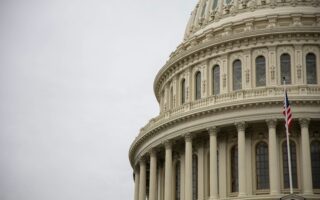Presidential Proclamation Extends Restriction on Visas
By Kevin M. Mosher • Jul 2, 2020
On April 22, 2020, the Trump administration issued an executive order suspending the entry of individuals traveling to the United States on immigrant visas. Two months later, on June 22, 2020, the administration announced that it would be extending and expanding upon the restrictions. The order now applies to individuals holding H-1B, H-2B, J-1, and L-1 visas. Today, we’ll break down how the new proclamation may affect employers and employees throughout the country.
Can we still hire foreign nationals who already reside and work in the United States?
Foreign nationals already in the United States will not be affected by the newly imposed restrictions. Individuals already working in the United States can continue seeking extensions and pursuing permanent residency.
What about employees outside of the United States?
This is where the restrictions will have the strongest effect. Individuals without effective nonimmigrant visas and official travel documents as of June 24, 2020 will not be permitted to enter the United States until after December 31, 2020. This means that individuals outside the United States who hold approved USCIS petitions bearing future effective dates are barred from entry. This affects employers’ ability to bring on employees who are currently outside of the United States, even if the employee currently works for the employer at an office located in a different country.
Is anyone exempt?
Yes. Lawful permanent residents may still enter the United States, as can spouses and children of U.S. citizens. Further, foreign nationals may enter the United States to provide temporary labor or services essential to the United States food supply chain or if their entry would be in the national interest as determined the Secretary of State, the Secretary of Homeland Security, or their respective designees.
Thompson Coe and myHRgenius Tip of the Week is not intended as a solicitation, does not constitute legal advice, and does not establish an attorney-client relationship.










